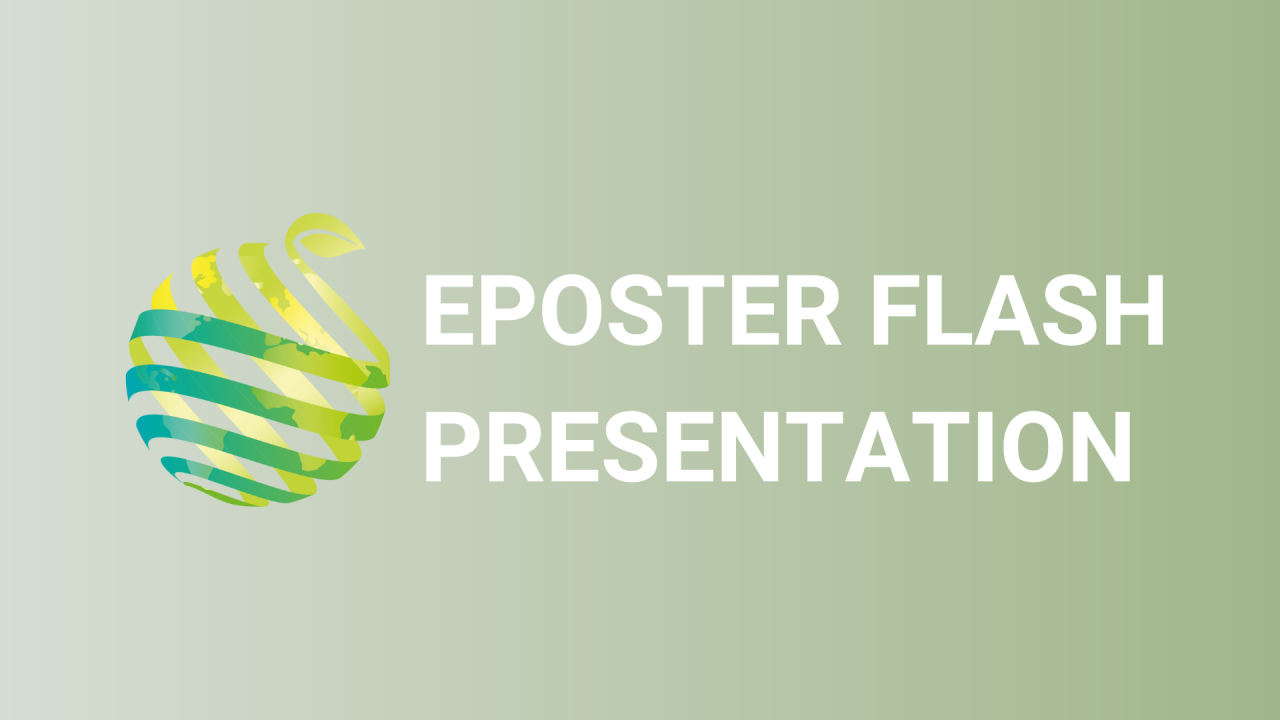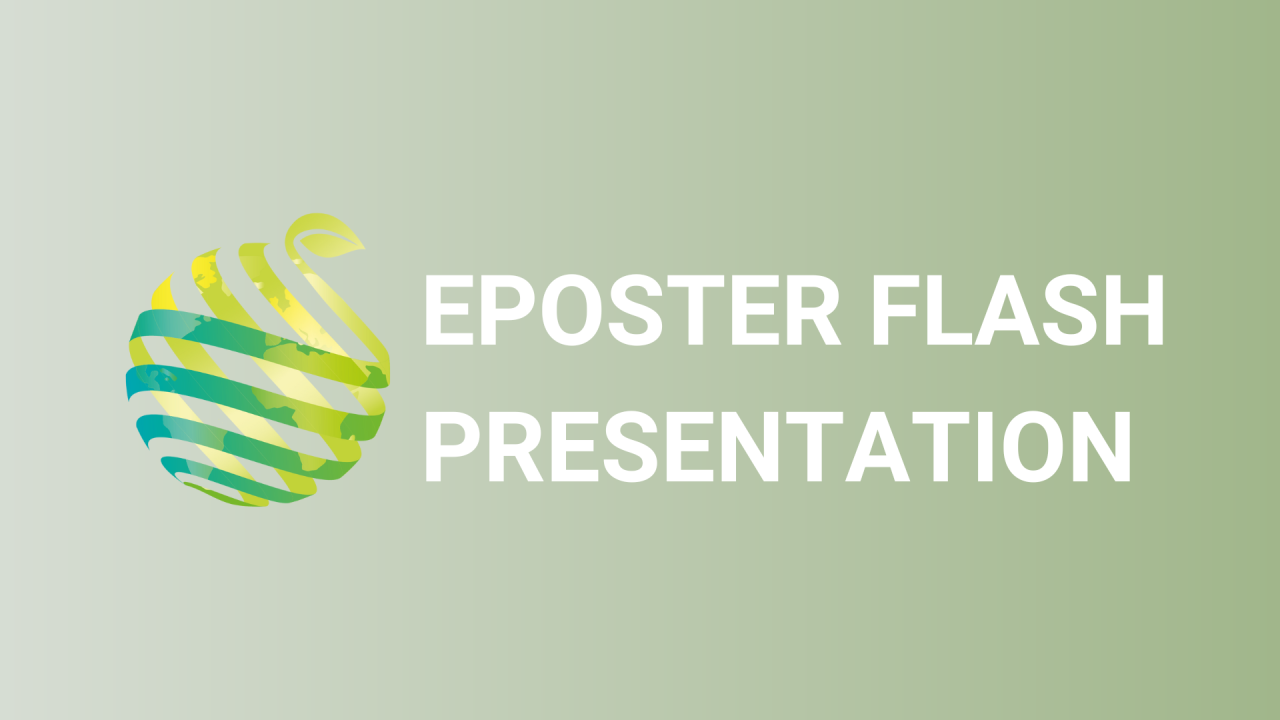

S09 - Session P2 - Development and study of Agrivoltaics adapted to urban and peri-urban food production systems
Information
Authors: Roxane Huart *, Pierre Raulier, Haissam Jijakli
EU Members States aim to reduce net greenhouse gas emissions of at least 55% by 2030 , compared to 1990 levels. Meanwhile, the demand for local and seasonal fruits and vegetables is growing. Last but not least, in countries with a high population density such as Belgium, land use pressure is rocketing and agricultural areas should maintain their valuable food production potential. Agrivoltaics systems offer to combine, on the same surface, agricultural and renewable electricity productions. This promising solution can be implemented in various ways; pitfalls, such as a drop of agricultural yield resulting from an incomplete design process, should be avoided. Through the "PV Follows Function" Interreg VA Grande Region Project, Liege University (BE) aims at testing the agrivoltaics concept implemented on urban and suburban food production systems: rooftop greenhouse, aquaponics, agroforestry plots. On the teaching and research platform WASABI, each of these existing systems will be equipped with innovative and specifically chosen solar panels to support food production while generating electricity. The rooftop greenhouse will be equipped with panels maximizing the crops exposition to photosynthetic wavelengths through light transmission and reflection technologies. The PV pilot on the aquaponics will optimize energy management through self-consumption and storage. In the agroforestry plots, research focuses on shade modulation, plants species tolerance and compatibility with gardening operations. Whatever the agrivoltaic system and its localization, electricity production will be measured throughout time, as well as agricultural and economic yields. Regulatory and economic drags and levers will be identified. Psychological acceptance of the systems users will be assessed. This project explores the agronomic services that innovative photovoltaic technologies can provide, while their performances are still increasing and their development moves towards raw materials lower consumption. The harmonious combination of urban agricultural systems with renewable electricity production predicts the appearance of the cities of the future.